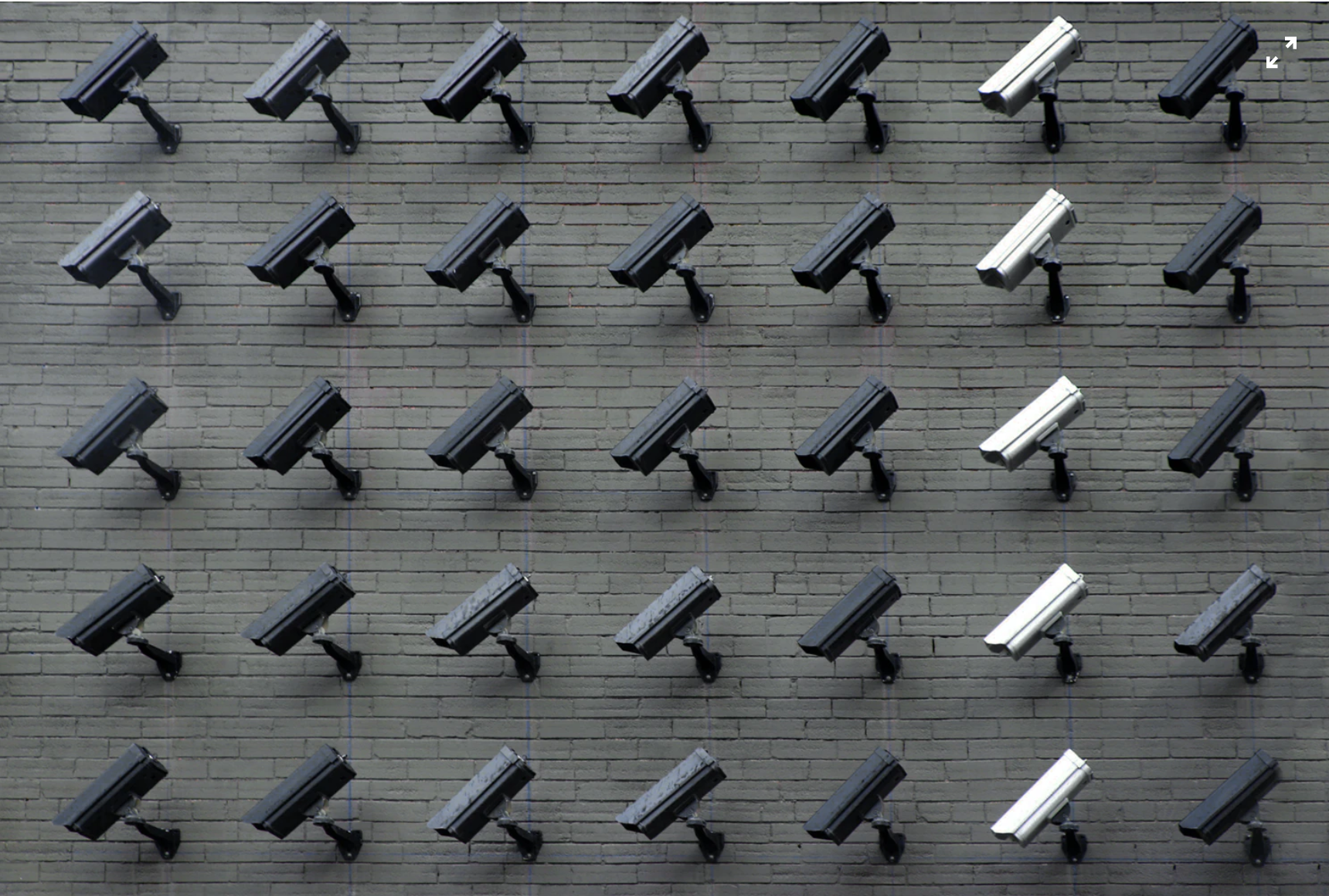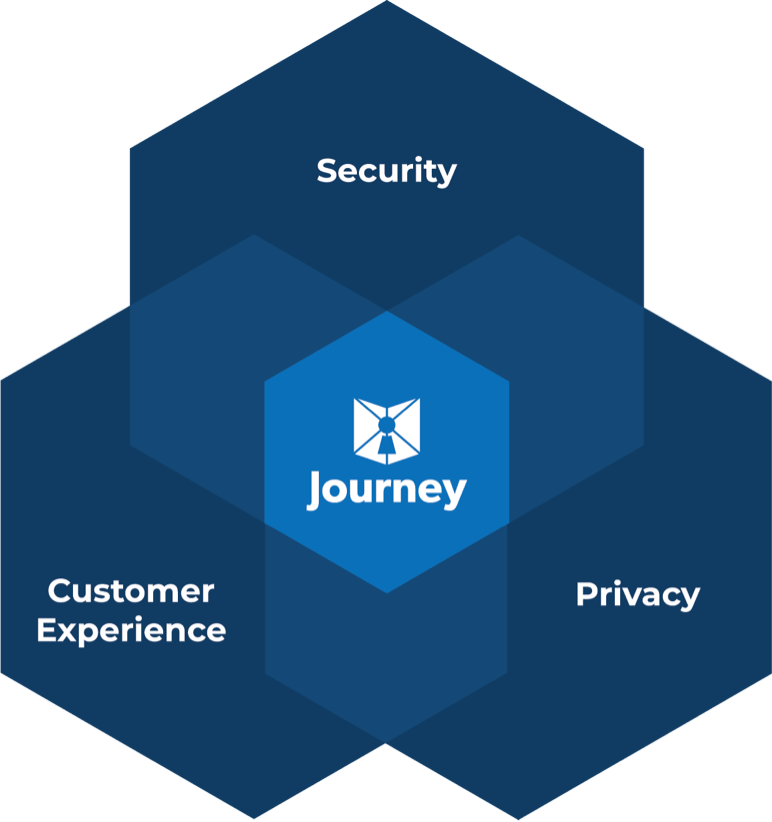How do you define privacy in an age of information? With services like Facebook and Instagram providing avenues for people to post their lives, what is considered private? And how do you regulate that?
To call that a complex question would be an understatement. Nevertheless, governments have taken up the task. Regulations and protections do exist to define and protect your privacy in an online era.
What do these privacy regulations look like? How exactly do they define privacy? And what protections do they provide? Let’s take a closer look.
Privacy Regulations: CCPA, HIPAA, and More
There’s no single blanket law or regulation that covers all aspects of online privacy. As with any other legal topic, online privacy regulation is an amalgamation of many different laws, regulations, and precedents.
These laws can vary from country to country. Even within the United States, the specifics can change from state to state. For example, the California Consumer Privacy Act, or CCPA, is a state-specific regulation that provides protections for user privacy in the state of California.
It’s common for regulations to vary in this way from state to state. However, there are several federal regulations as well. Many of these are privacy regulations that have existed for several years, even decades. These laws have been amended to take online privacy into account.
For example, the HIPAA law, which has existed since 1996, was created to protect the confidentiality of patient information in a medical setting. This law has several points in it that extend this protection to information provided or stored in a digital setting.
Meanwhile, one of the earliest pieces of legislation designed with the internet specifically in mind was COPPA. The Children’s Online Privacy Protection Act, which took effect in the year 2000, saw regulations put in place to control information that would affect the safety of minors. Within it are rules regarding the exchange of information such as email addresses and screen names. It also regulates the use of data tied to the online accounts of minors.
This is just the surface of regulations regarding online privacy. In the US alone, there are countless more regulations regarding the online space. Even more laws exist for other regions, such as Asia or the EU.
Further Protecting Your Privacy
While these laws provide great protection for your privacy, it’s never a bad idea to take proactive steps. Your information is personal to you, and it’s important to keep it safe.
If you’re looking to take further steps, we’re here to help. At Journey, our knowledgeable team is made up of experts from all across the digital realm. Our team includes banking CEOs, startup managers, and countless other experts with great experience in digital privacy.
Our security model is designed with privacy in mind, taking advantage of zero-knowledge systems to give you as much protection as possible.
Hopefully, we’ve answered some of your questions regarding online privacy regulations. If you have any further questions about protecting your privacy, be sure to contact us. We’re here to help.



